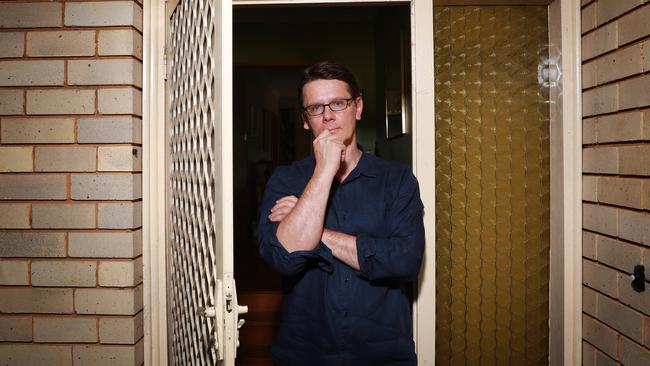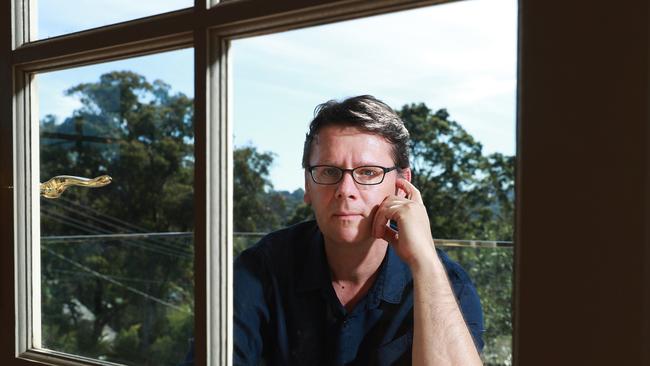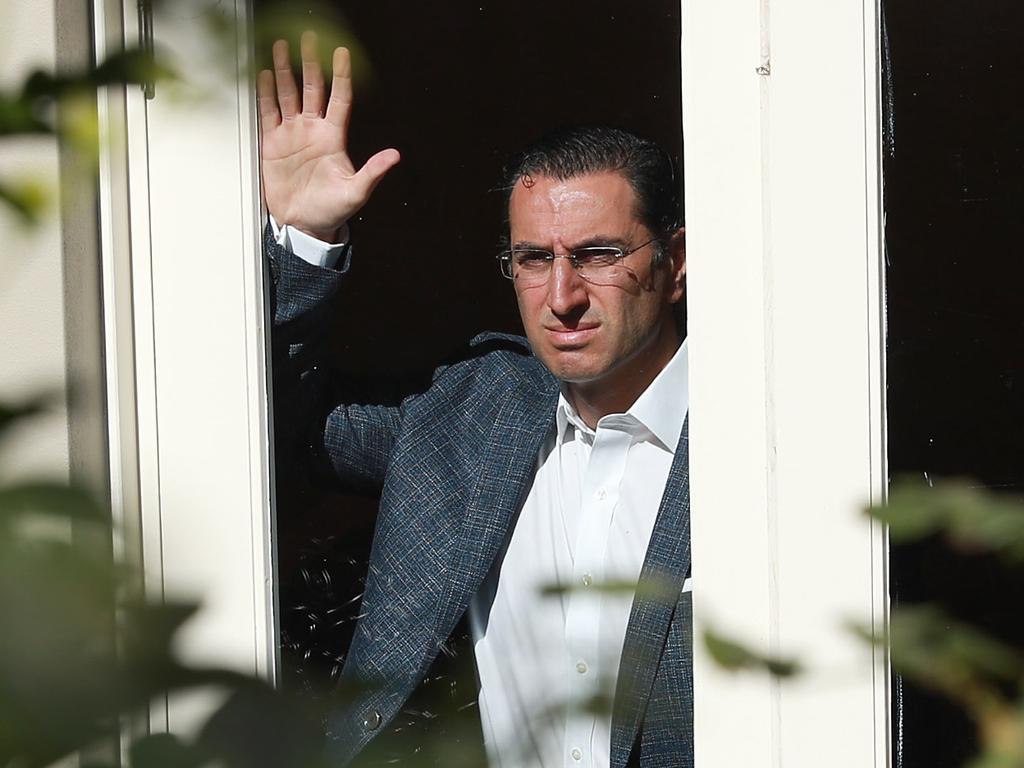The case for work: Why we can’t do without it
COVID-19 threatens our jobs as well as our health, but that doesn’t mean we’re living in a post-work world.

Millions of Australians are now working from home, or not working at all. The federal government is directly subsidising wages, moving closer than ever to a universal income scheme.
Is it the end of work as we know it? Are we truly heading for a post-work world? Is the work ethic outdated? Is the pandemic about to prove that work is no longer central to human existence?
Not quite, says Macquarie University’s Jean-Philippe Deranty, who is leading a three-year research project called The Case for Work.
“The pandemic is forcing societies to undergo massive changes very quickly,” the philosopher says. “But it also reveals some defining aspects of them.”
Among those defining aspects, he argues, is the centrality of work and its importance in structuring the life of the individual as well as the society.
His project, backed by the Australian Research Council, maps out the arguments for and against work at a time when the explosion of technology is challenging assumptions about the future of work. He says we need to reform work, rather than arguing that the work ethic is dead. We need to understand and appreciate the psychological and social benefits that only work can deliver individuals and the society.
“At the moment in academic circles — philosophy, sociology and cultural studies — there are many people who argue against work,” says Deranty. “There is a very rich literature of post-work theory.”
He takes a different angle, arguing that work involves specific activities that can’t be replicated in other interactions.

“A lot of the time we think of work in economic or social terms but we forget that work is an activity, something that you need to do,” he says. “There are lots of human activities but work is a very specific human activity.
“Work can be very destructive, but when work is not too repressive or alienating or boring, when it’s organised well enough, when the bosses are nice enough, then we draw from it particular goods that we can’t really get from other activities, that we can’t get just from being with someone, or from walking in nature, or having a hobby.”
In other words, work is not an “imposition” on the human race or an “accessory” to society but a core way that we grow as humans.
He says the sharing of work norms and habits and skills is very different from the sharing of memories within a family or sharing a love of sport with friends.
“That’s because when we share work skills, experiences and knowledge, these things are rooted in our psyches in a very deep way because work is very demanding — even if it is boring or you are doing it for the money,” Deranty says.
“Except for very strong, intimate relationships, it’s difficult to think of activities that demand so much of humans and that go so deep into who we are.”
Deranty says that understanding the central role of work is important when the COVID-19 pandemic is isolating people from the usual human interactions in the workplace. The disruption to the way we work, with so many people working from home, changes the way we share work skills and knowledge.
–
‘The world of work today is rife with problems, including the threats to many jobs from automation’
— Jean-Philippe Deranty
–
As well, the “brutality” of the virus is also revealing features of the society that have always been present but are now becoming apparent to everyone.
We are realising, for example, how difficult it is to be a teacher and hold the attention of children for several hours, he says.
And we are realising how much our society depends on jobs that are poorly paid and how many others that are “much better paid are a lot less important for society”.
Deranty is amazed by the speed with which governments have moved to introduce versions of a universal basic income.
“There is a huge literature on this, people have been working on this for 20 or 30 years but the Tory, conservative governments did it within a week,” he says. “A lot of people who argue for the centrality of work are sceptical about the UBI. That’s a reaction to a dialogue in which UBI people are often against work and who argue that work is obsolete, that a lot of work is useless, that we should allow people to pursue other life choices and if they don’t want to work we should not punish them.
“So (in reaction) people who argue for work tend to reject UBI. I think work is central to how individuals structure themselves and indeed for social interaction, but that doesn’t mean UBI is a bad idea.”
Instead, he argues, UBI can be a mechanism to ensure individual workers are protected if they are engaged in precarious work — such as casual employment.
He argues that we need to see work as an “irreducible part of being human and living with others in a human society” and understand that a post-work society is unrealistic.
“The world of work today is rife with problems, including the threats to many jobs from automation … For many political theorists these issues demonstrate that the modern work ethic has become obsolete and that it is time to move to a different model of social organisation, one where work is no longer central. (But) rather than moving to a society ‘post-work’, I argue that we should instead more simply aim to reform the world of work,” he says.
“It is not realistic to believe that human societies and individuals could ever do without work, or indeed, overcome the importance of work for individuals and the organisation of the community.”
More on the Case for Work at the project’s website, onwork.edu.au.
Sign up to regular posts at onwork.substack.com.





To join the conversation, please log in. Don't have an account? Register
Join the conversation, you are commenting as Logout